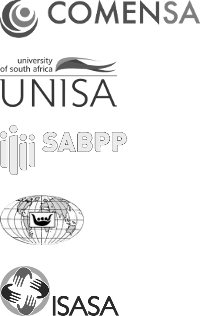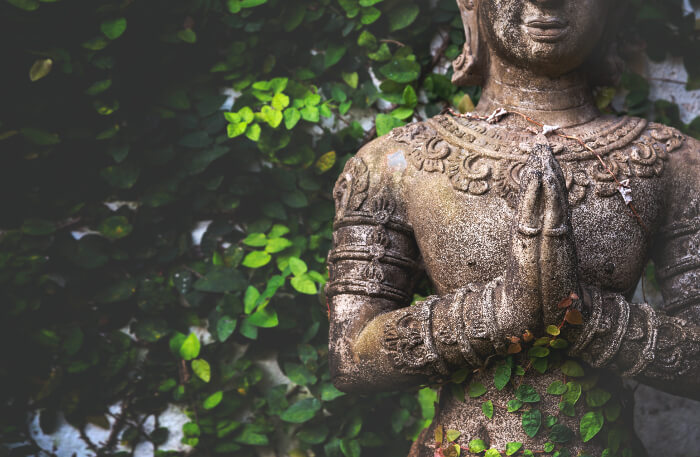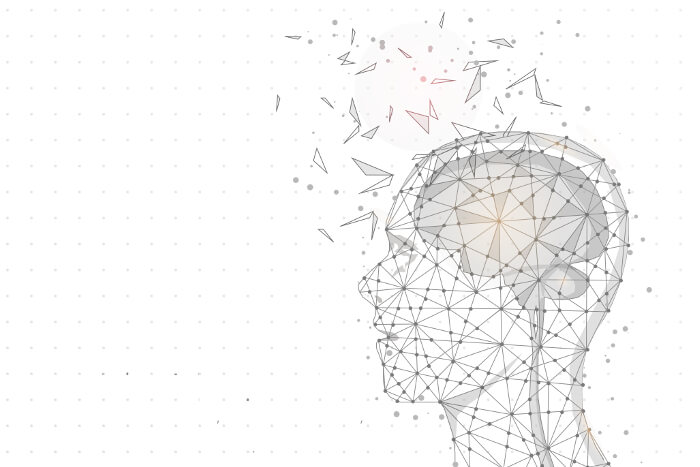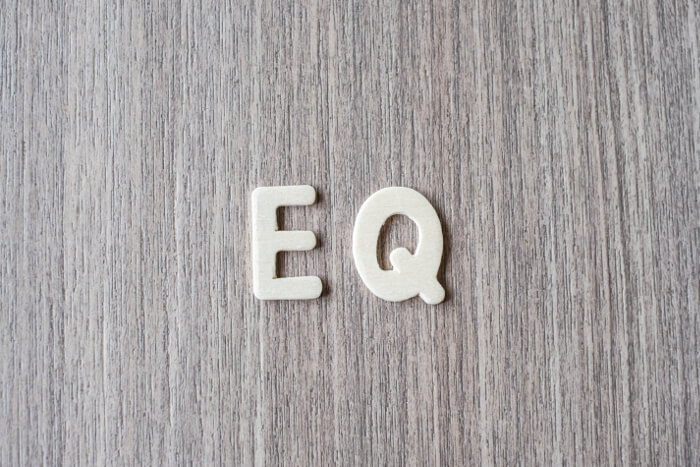
Alternative currency
How does the philosophies of Adam Smith, John Maynard Keynes and Milton Friedman affect us today? We live in an era dominated by consumerism and materialism shaped by the economic thinkers of years gone by. This impacts us in a huge way even to the micro level of how we feel about ourselves every day.
We live in a society where comparison and competition are pervasive. Common mantras and metaphors like early bird gets the worm, time is money and climb the ladder permeates our everyday language. We live in a world where Powerball is the top search term on Google and E-bay the most popular website. We are encouraged to go for growth, become better and achieve more. This has become our dominating currency. Is there an alternative? If so, we have never been taught how to consider anything but growth.
One of the root causes for chasing more is the concern that we will not have enough in future. Our fear of scarcity and uncertainty about the future create anxiety which we try and control by accumulation (money, looks, power, relationships). To have enough for the rainy day makes us feel more secure and in control.
One of the most memorable moments of all my travels to India was the day we met with the Karmapa Lama – one of the most senior Tibetan leaders apart from the Dalai Lama. One of my group members asked him about gratitude and being happy with what she has to which he responded “lower your expectations”. Imagine that! Somebody tells you to lower your goals and be content with less. How shocking is that!
One of our existential imperatives is to live with uncertainty. To truly embrace an uncertain future requires trust and acceptance in a deep way. Accepting your own reality, trusting yourself and trusting life. This requires living paradoxically accepting fate but mobilising free will to defy what happens to you. It requires living with a balance between being authentic and fitting in. And it challenges us to evaluate what is enough.
Here we come to the crux of the matter. When is anything enough? How do we learn to draw the line and accept whatever we have as enough? How do we calibrate our expectations to live with what we have, and not by what we want? This requires mature authenticity which runs on confidence. Only when we declare our own independence-day can we liberate ourselves to be ok with enough. Recognising another currency and getting comfortable with enough is a liberating, refreshing concept. Try it out you may buy yourself a whole lotta love.
These are the conversations we have on our journeys to India and in coaching sessions here in South Africa. To book a coaching session or find out more about our mindfulness retreats with Tibetan monks, contact me on klasie@streetschool.co.za
Get in touch
klasie@streetschool.co.za
10 Repens Street, Paradyskloof,
Stellenbosch, 7600
Indian Retreats
Himalayan Adventures
Student Journeys
Executive Rejuvenation
Accreditations

Get in touch
klasie@streetschool.co.za
10 Repens Street, Paradyskloof,
Stellenbosch, 7600
Accreditations





